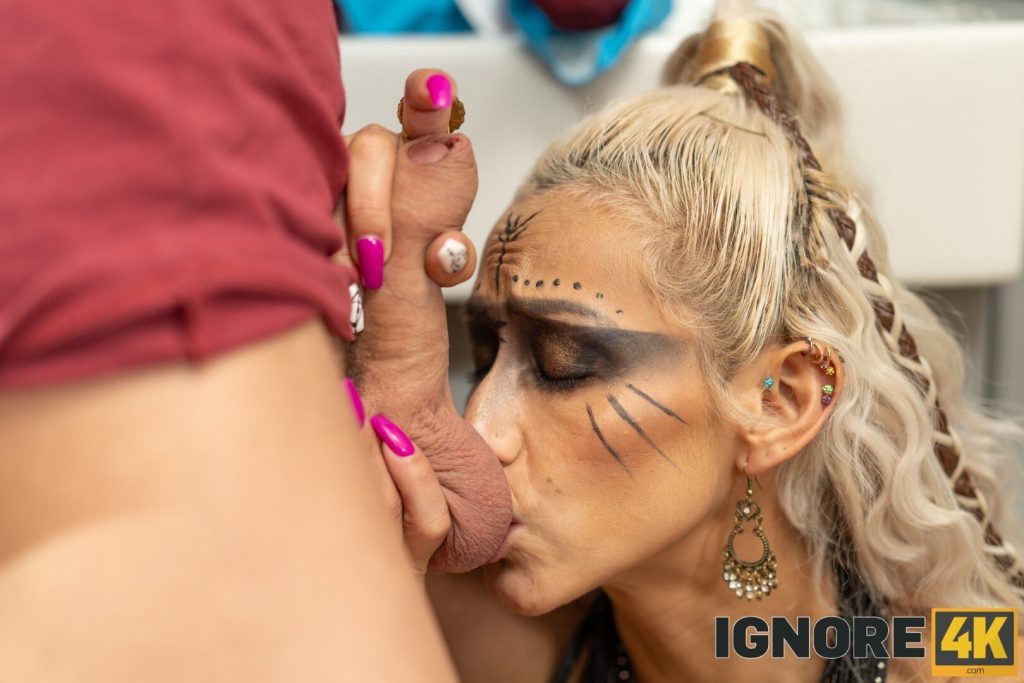Erotic literature has been a source of both pleasure and controversy for centuries. From the ancient Greek texts to modern-day erotic stories and XXX-rated films, sexual desire and fantasies have been a popular subject in art and literature. However, the depiction of sex and explicit content in these works has often been met with criticism and censorship.
At its core, erotic literature is a form of storytelling that explores the complexities of human desire and sexuality. These stories often depict intimate encounters and explicit scenes, but they also delve into the emotions, motivations, and relationships of the characters involved. In many ways, erotic literature is a reflection of our own desires and fantasies, offering a safe and consensual space to explore our sexuality.
However, the explicit nature of erotic literature has also made it a target for censorship and controversy. Throughout history, governments and religious institutions have attempted to suppress sexual content in art and literature, often citing moral or social reasons. In some cases, this has led to the banning or destruction of entire collections of erotic works, such as the censorship of “Ulysses” by James Joyce or the confiscation of “Lolita” by Vladimir Nabokov.
Despite these challenges, erotic literature remains a popular and enduring genre. In recent years, the rise of self-publishing and e-books has made it easier than ever for writers to share their erotic stories with a wider audience. This has led to a surge in the popularity of erotic fiction, with works such as “Fifty Shades of Grey” by E.L. James becoming international bestsellers.
But what is it about erotic literature that continues to captivate readers? One reason may be the taboo nature of the subject matter. Erotic stories often explore fantasies and desires that are considered socially unacceptable or even illegal, offering a thrill and a sense of excitement that can be difficult to find elsewhere. Additionally, the explicit nature of the content can be arousing and stimulating, providing a sensual experience that goes beyond mere storytelling.
However, it’s important to note that not all erotic literature is created equal. Some works may prioritize explicit content over character development and storytelling, leading to shallow and unfulfilling stories. Others may perpetuate harmful stereotypes or exploit sexuality in a non-consensual or disrespectful way. As with any genre, it’s important to approach erotic literature with a critical eye and to seek out works that prioritize quality, respect, and consent.
In conclusion, erotic literature is a complex and controversial genre that offers a unique and arousing form of storytelling. While it has faced challenges amateur porn and censorship throughout history, the popularity of erotic fiction has endured and even thrived in recent years. By exploring the complexities of human desire and sexuality, erotic literature provides a safe and consensual space to explore our fantasies and to connect with our own sexuality. However, it’s important to approach this genre with a critical eye and to seek out works that prioritize quality, respect, and consent.

